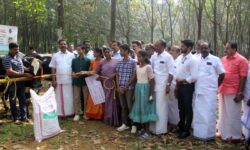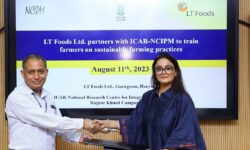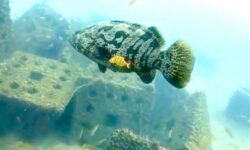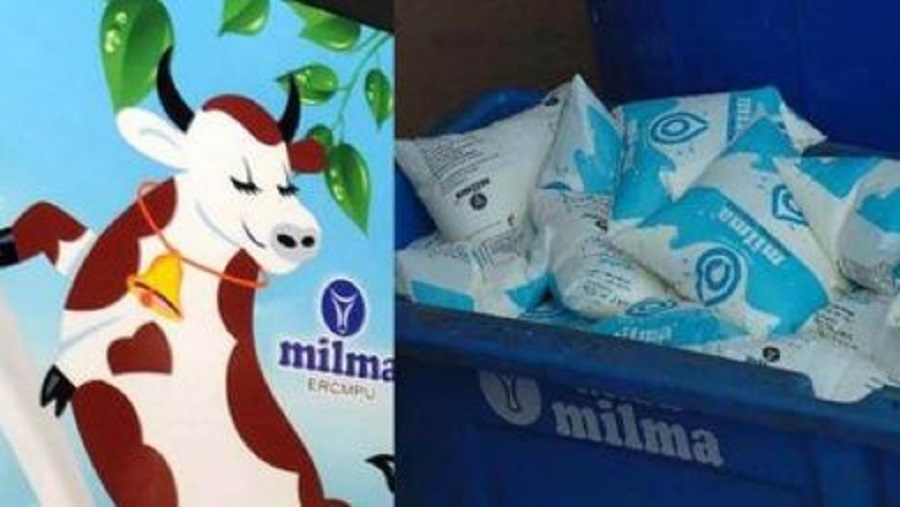
KOCHI:
International collaboration and collective efforts of Afro-Asian countries are required to address the challenges in fisheries and aquaculture, the Assistant Secretary General of the African-Asian Rural Development Organisation (AARDO) has said.
Inaugurating a 10-day international workshop-cum-training programme at the ICAR-Central Marine Fisheries Research Institute (CMFRI) on Monday, Rami Mahmoud Abdel Halim Qtaishat emphasised the critical need for balancing the exploitation and utilisation of marine resources for the health of the ocean and the sustainability of the food production system.
“In the wake of a range of challenges including climate change, the transboundary nature of marine fisheries and issues of aquaculture demand a joint international effort to ensure sustainable practices across the globe”, he said, adding that the AARDO is committed to fostering partnerships among its member countries to address the shared challenges in the sector.
Half of export value from developing countries
Mentioning that fish remains a highly traded global food commodity, Rami Mahmoud said that half of its export value originates from developing countries. Fish and seafood are playing a vital role in providing nutritional security and fuelling livelihood, he added. The AARDO is devoted to bringing science to society, channelling its efforts toward the transfer of technology.
Officials and researchers from eight AARDO member countries, namely Oman, Egypt, Ghana, Namibia, Nigeria, Zambia, Malaysia and Bangladesh are attending the workshop, which is part of the international collaboration between the Ministry of Rural Development, Government of India and the AARDO, New Delhi.
Dr Khushnood Ali, Head of Research Division and Programme Coordinator of AARDO said many African-Asian countries are striving hard to transform their food production sectors amid a series of daunting challenges such as poverty, hunger, food and nutritional insecurity, climate change and environmental degradation.
The technological divide is one of the major issues being faced by these nations and this could be resolved to a great extent by fostering cooperation among countries enabling the transfer of technologies, he said. “Establishing a resilient and sustainable food system is necessary for eradicating hunger, addressing rural poverty and for inclusive growth”, Dr Khushnood Ali said.
“AARDO’s main focus is human resource development, financing of development projects, networking, dissemination of information, and collaboration. More than 400 short-term and long-term fellowships are being offered to postgraduate students PhD scholars of the member countries”, he added.
Delivering the presidential address, CMFRI Director Dr A Gopalakrishnan said collaborative efforts between governments, scientists and other stakeholders are the need of the hour to implement sustainable practices in fisheries and aquaculture, and protect aquatic biodiversity.
The workshop will provide exposure and hands-on training on areas of fisheries management, fish stock estimation, climate change impacts on fisheries and mitigation, responsible fisheries, aquaculture, good aquaculture practices, fish health, mariculture activities like cage farming, seaweed farming, fish breeding and seed production, ornamental fish culture, value addition technologies, fish nutrition, fisheries socio-economics, etc. to the participants.
Dr Suresh, V V R., Head, Mariculture Division of CMFRI and Dr T M Najmudeen, Principal Scientist also spoke on the occasion.




